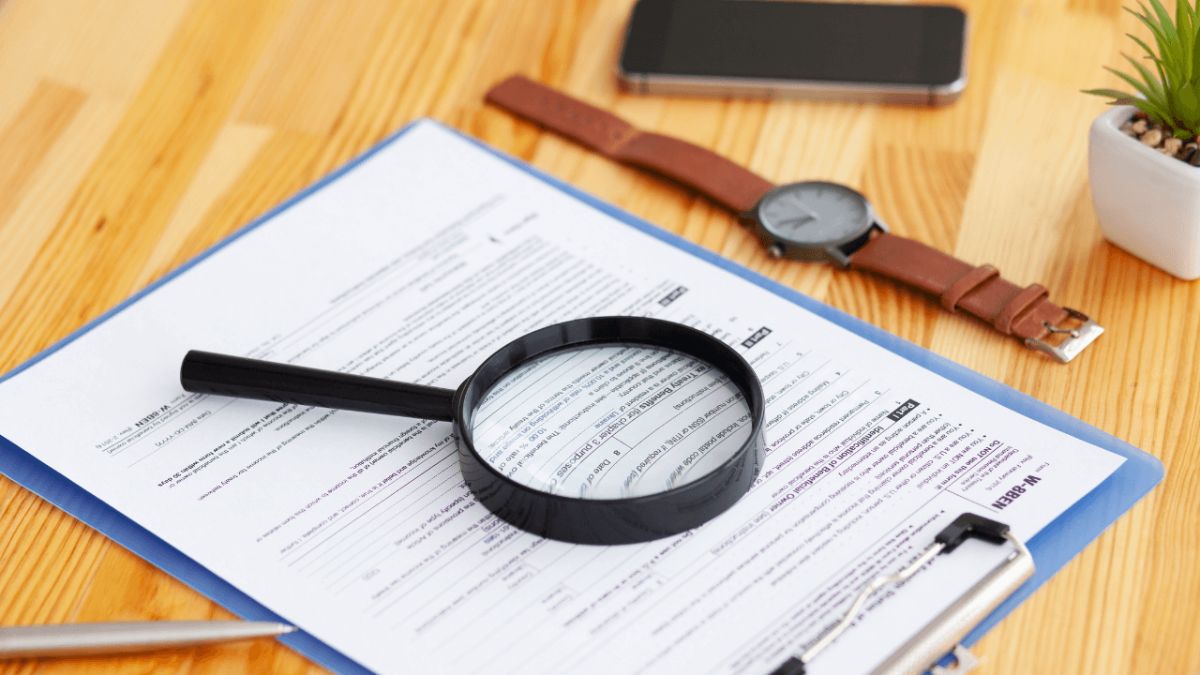NASA (the National Aeronautics and Space Administration) is much more than an acronym etched into human history. As the world’s leading space agency, NASA has been a pioneer in space exploration, scientific innovation, and the quest for answers about our universe. From putting humans on the Moon to exploring distant corners of our solar system, the agency’s remarkable work inspires awe, curiosity, and an unyielding thirst for discovery.
Through significant collaborations with global news networks like the BBC, NASA’s groundbreaking research and monumental missions become accessible to millions worldwide. These stories serve not only as educational resources but also as a compelling demonstration of humanity’s boundless potential.
If you’re curious about the latest updates or want a deeper look into NASA’s work, keep reading as we dissect their current projects, explore their role in scientific advancement, and provide tips on staying connected to their work through trusted sources like the BBC.
NASA’s Greatest Achievements Highlighted by the BBC
1. The Race to the Moon
For those still enamored with the phrase “giant leap for mankind,” NASA’s Apollo 11 mission in 1969 remains a crowning achievement. And yet, NASA’s Moon-related news continues to make waves. News outlets like the BBC ensure detailed coverage of modern lunar missions, such as the Artemis program.
Artemis aims to establish a human presence on the Moon by building infrastructure to support future exploration. The BBC’s reports emphasize NASA’s ambition to push the boundaries further—returning humans to the surface for the first time since 1972.
2. Rovers and Red Dust on Mars
NASA’s Mars missions, such as the Perseverance rover, have offered us stunning insight into the Red Planet. Featured globally, BBC news stories highlight Perseverance’s milestones, such as collecting samples that could someday answer whether life once existed on Mars.
Alongside flashy headlines, the BBC features accompanying visuals and video footage transmitted directly from Mars—a reminder of how far human ingenuity can reach. Their coverage dives deep, discussing technical milestones like oxygen generation and helicopter flights conducted by Ingenuity, the first Martian aerial vehicle.
3. Keeping Earth Safe from Asteroids
Programs like NASA’s planetary defense initiative often feel like a plot plucked directly from a sci-fi movie. However, through programs such as the Double Asteroid Redirection Test (DART), showcased in BBC news segments, NASA has tested tactics to prevent large celestial objects from affecting Earth. These experiments hold enormous significance for the safety of future generations, especially in an era of increased asteroid tracking.
BBC’s Role in Covering NASA
The BBC, as one of the most trusted global news providers, plays an essential role in shedding light on NASA’s multifaceted impact. With its wide audience reach, the BBC excels at translating NASA’s highly technical findings into accessible, digestible stories for a general audience.
Through its online articles, flagship programs, and social media platforms, the BBC ensures aspiring astronauts, hobbyist astronomers, and casual enthusiasts alike have high-quality reporting at their fingertips.
BBC’s Science & Environment team features in-depth reviews of NASA’s discoveries and technologies. These reports emphasize not only the dazzling missions for space exploration but how NASA’s innovations contribute to life here on Earth. Whether it’s helping rural farmers by applying satellite imagery or advancing medical technology with materials initially developed for astronauts—BBC keeps the public informed on NASA’s immense impact.
Why Everyone Should Follow NASA’s Space Chronicles
1. NASA Fosters Hope and Innovation
Every time NASA sends a rover or rewrites physics textbooks, they remind us that humanity is capable of greatness. Following NASA’s news, particularly via reliable agencies like BBC, can rekindle inspiration in readers of all ages.
2. Scientific Collaboration Is Global
NASA doesn’t operate in a vacuum (ironic pun not intended). Its work involves partnerships with international space agencies, including ESA (European Space Agency) and ISRO (Indian Space Research Organization). BBC coverage often highlights the collaborative efforts that span continents, pulling together the brightest minds to solve universal challenges.
3. Engage in Citizen Exploration
Did you know NASA offers opportunities for amateur astronomers and enthusiasts to participate in projects? From spotting comets to analyzing data, NASA’s citizen science programs make their objectives more engaging and tangible. BBC’s extended reporting outlines many of these programs, highlighting the ways in which ordinary people can make extraordinary contributions.
Staying Connected Through NASA and the BBC News
Want to ensure you’re always up to date on NASA-related developments? Here’s how to follow along and deepen your insights:
- NASA’s Website and Social Media: NASA’s official resources provide live updates, including video streams of rocket launches and countdowns.
- BBC’s Science Hub: Bookmark keywords like “NASA” at BBC.com for instant updates covering impactful missions, collaborations, and findings.
- Newsletters and Podcasts: Both BBC and NASA offer electronic newsletters, and curated podcasts often recount fascinating portions of unfolding history.
- Community Events: NASA hosts virtual Q&A sessions frequently announced on social pages, while BBC collaborates on live panel talks featuring scientists, ending with opportunities for interactive questions.
Final Thoughts on Following NASA’s Journey
For decades, NASA has served as a beacon of resilience, curiosity, and our innate desire to explore the unknown. Their missions, while technical at first glance, always remind us what is possible when intellect and creativity combine. Through the BBC’s detailed yet digestible reporting, their accomplishments touch millions, inspiring global audiences to think bigger and dream of opportunities that go far beyond Earth’s atmosphere.
Eager to start your own front-row perspective into space discovery? Follow NASA’s mission page on platforms like bbc.com and activate mobile alerts under “Science & Technology” sections wherever possible. Keeping close tabs on humanity’s SpaceAge feat ensures we remain linked to challenges solved within both manned research + robotics despite periodic alignment discrepancies …
FAQs
Q: How can I stay updated on NASA’s latest missions?
A: You can follow NASA’s official website or their social media channels for real-time updates. Additionally, platforms like BBC often provide in-depth coverage of key events and milestones.
Q: Are NASA’s missions accessible to the general public?
A: Yes! NASA provides extensive resources, including live broadcasts, mission archives, and interactive tools, ensuring everyone can learn and engage with their work.
Q: What are some ways to get involved with NASA?
A: There are several ways to engage, such as participating in virtual events, joining citizen science projects, or even applying for internships or competitions hosted by NASA.
Q: How often does NASA launch new space missions?
A: NASA’s launch schedule varies based on mission readiness and objectives. However, they consistently have multiple missions each year exploring Earth, the Moon, Mars, and beyond.
Q: Where can I learn more about space science?
A: In addition to NASA’s website, the BBC’s Science & Technology section offers regular articles, features, and documentaries that simplify complex topics for broader audience











